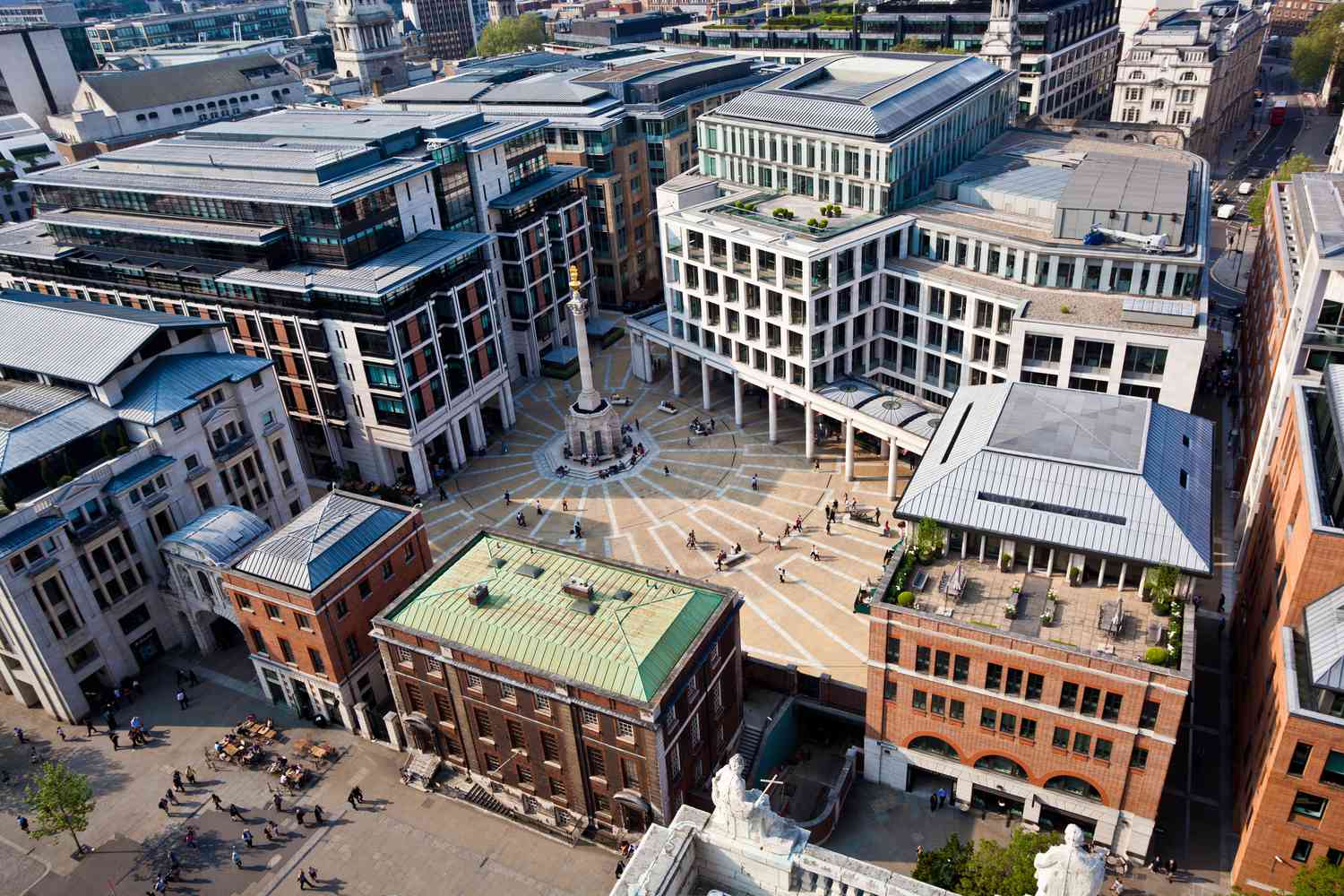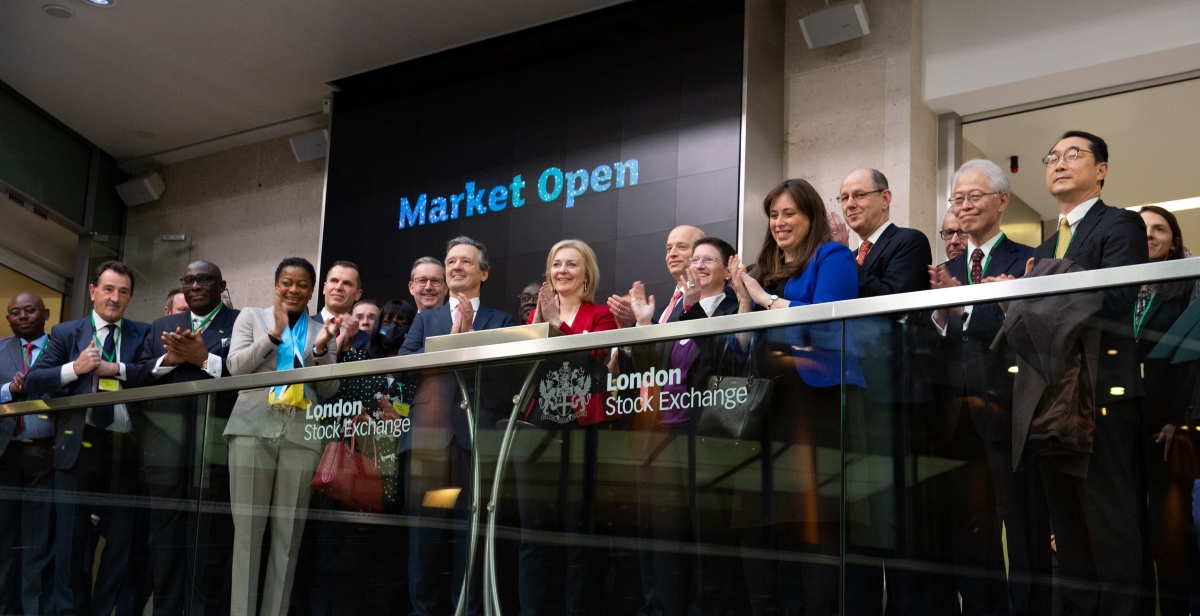Home>Finance>London Stock Exchange (LSE): Definition, History, And Major Events


Finance
London Stock Exchange (LSE): Definition, History, And Major Events
Published: December 20, 2023
Discover the London Stock Exchange (LSE), its rich history, and major events. Get insights into the world of finance with this comprehensive guide.
(Many of the links in this article redirect to a specific reviewed product. Your purchase of these products through affiliate links helps to generate commission for LiveWell, at no extra cost. Learn more)
London Stock Exchange (LSE): Definition, History, and Major Events
Welcome to our FINANCE category, where we delve into the fascinating world of stocks, bonds, and financial markets. In this blog post, we will focus on the London Stock Exchange (LSE), the heart of the UK’s financial sector. If you’re curious about the LSE’s history, major events, or simply want to understand more about this renowned stock exchange, you’ve come to the right place!
Key Takeaways:
- The London Stock Exchange (LSE) is one of the oldest and largest stock exchanges in the world.
- Understanding the history and major events of the LSE can provide valuable insights into the global financial system.
What Is the London Stock Exchange (LSE)?
The London Stock Exchange, commonly referred to as the LSE, is a stock exchange based in London, United Kingdom. Established in 1801, it is one of the oldest and most prestigious stock exchanges globally, playing a crucial role in the global financial marketplace. Serving as a platform for buying and selling securities, the LSE facilitates trading of various financial instruments, including stocks, bonds, derivatives, and exchange-traded funds (ETFs).
The LSE offers a transparent and regulated marketplace that enables companies to raise capital and investors to buy and sell securities with confidence. Its reputation for stability, integrity, and fairness makes it an attractive destination for both domestic and international investors.
History of the London Stock Exchange
The history of the London Stock Exchange dates back to the late 17th century when informal trading took place in coffee houses and on the streets of London. However, it was in 1801 that the exchange was officially recognized with the formation of the London Stock Exchange Association.
Over the years, the LSE has grown and adapted to the changing financial landscape. Notable milestones in its history include the launch of the Stock Exchange Automated Quotation (SEAQ) system in 1983, which introduced electronic trading, and its demutualization in 2000, transforming it into a publicly traded company.
Major Events in the LSE’s History
The London Stock Exchange has witnessed numerous significant events throughout its history. Here are a few noteworthy examples:
- In 1698, the first stock exchange building, known as the Exchange Alley, was established in London.
- In 1973, the LSE introduced the Alternative Investment Market (AIM) to support small and growing companies.
- In 1986, the historic “Big Bang” deregulation took place, revolutionizing the LSE and opening it up to foreign investment.
- In 2007, the LSE acquired the Italian stock exchange, Borsa Italiana, expanding its reach into Europe.
- In 2020, during the COVID-19 pandemic, the LSE completed its merger with financial data provider Refinitiv, creating a global financial powerhouse.
In Conclusion
The London Stock Exchange has a long and storied history, playing a crucial role in the development of the global financial system. Understanding its past and major events provides valuable insights into the evolution of financial markets. Whether you’re an investor, finance enthusiast, or simply curious about the world of stocks and trading, exploring the London Stock Exchange and its impact on the global economy is both educational and fascinating.














